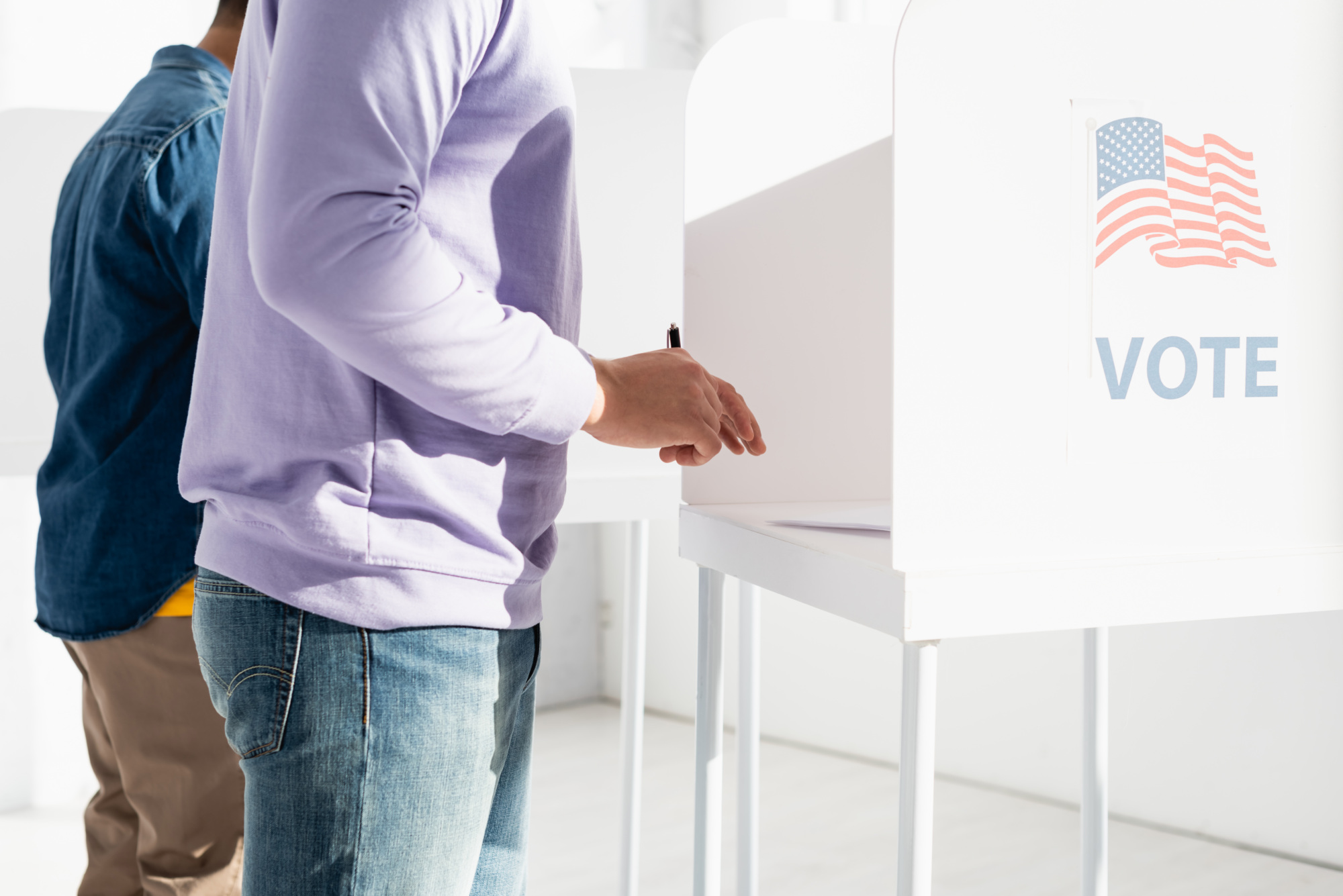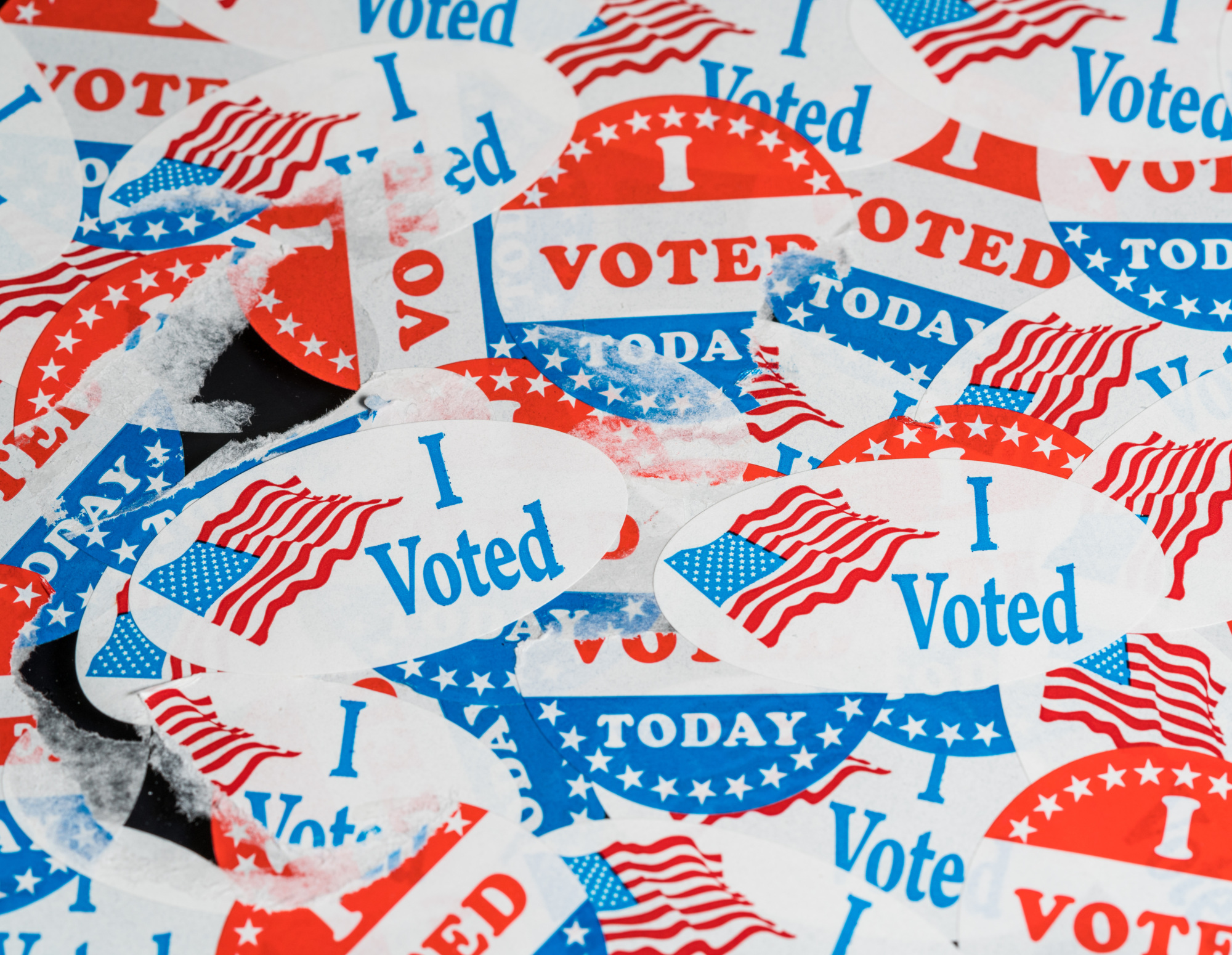Analysis
Survey Says!: Broad Support for Reforms to Political System
As we noted in a previous analysis, a new survey from Issue One conducted by GQR and Redbud Consulting (N=1,500; fielded September 3-9, 2024) found that there are partisan and…
Polling
When Donald Trump rode a populist wave to the White House last November, many believed that the new president would try to usher in an embrace of average Americans into the political process. But six months into his presidency, most Americans continue to lose hope that politicians in the swamp will be responsive to their needs.
This is the finding of a new Associated Press-NORC poll, which finds that three-quarters of all Americans believe that people like them have too little power in Washington.
The agreement cuts across social, economic, geographic and even political lines; those who lament the power imbalance in Washington range from Berniecrats and fervent Hillary Clinton supporters to those who found resonance in then-candidate Donald Trump’s “drain the swamp” messaging.
The start of Trump’s first term, however, has largely disappointed his populist supporters. His cabinet appointments appeared intent on filling their own coffers, rather than restore financial security to the middle class, said a 60-year-old Trump supporter from Hobart, IN, who was interviewed by AP.
The big picture is pretty stark, too: 82 percent of respondents said that wealthy people have too much power in Washington and 76 percent said that poor people have too little influence. The surveyed Americans also believe business (69 percent) and lobbyists (65 percent) have an outsized influence in our nation’s capital.
The growing chasm between the majority of Americans and their representatives is hardly new. Last year, Issue One conducted a poll that corroborated these findings. More than 90 percent of respondents believed that elected officials pay more attention to wealthy donors than average voters.
Further, Issue One’s poll found that more than three-quarters of Americans wanted sweeping changes to reduce the influence of money in politics, including 85 percent of individuals over the age of 55, who were alive to see the last two major campaign finance laws passed, the Federal Election Campaign Act of 1971 and the Bipartisan Campaign Reform Act of 2002.
Issue One continues to unite elected leaders from both parties to enforce laws on the books, save taxpayers money and increase accountability by eliminating needless government red tape and lower barriers to participation in politics for all Americans. That is why Issue One’s ReFormers Caucus, the largest bipartisan coalition of its kind ever assembled on behalf of political reform and government ethics, endorsed a policy framework to return government to the American people.
Issue: Congressional Dysfunction
Analysis
As we noted in a previous analysis, a new survey from Issue One conducted by GQR and Redbud Consulting (N=1,500; fielded September 3-9, 2024) found that there are partisan and…
Analysis
A new national survey by Issue One conducted with Citizen Data (N=1,043, September 16-29, 2024) highlights Americans’ perspectives on election integrity, confidence in the voting process, and support for election…
Analysis


